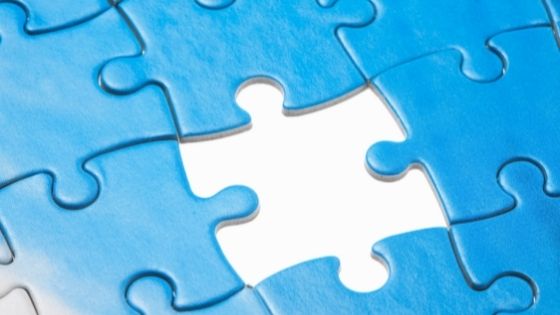When you think about puzzles, you probably think of a pastime or a method to unwind. The truth is that they provide several health benefits in addition to being entertaining for a short time. Puzzles offer various unexpected benefits, ranging from assisting children in their skill development to enhancing memory and mood and averting catastrophic ailments in the elderly. They also arrive in a variety of different forms and sizes and an unlimited number of designs. There is something for everyone, from pre-made puzzles to custom puzzles. Below are some of the significant health benefits these puzzles bring.


● Mental Workout
Puzzles are a complete brain workout because they engage both the right and left sides of the brain. The right part is liable for creativity, emotions, and intuitive thinking, whereas the left part is responsible for logic, objectivity, and precise thinking. When completing a puzzle, both sides must communicate and collaborate, which improves cognitive performance. The occipital lobe, which is also active, is where the brain integrates colours and shapes. Mental exercise aids in the prevention of cognitive decline.
● Visual-Spatial Reasoning
To take a puzzle together, you must first observe the various pieces and then place them into a larger image. The practice can help you improve your spatial reasoning if you do it regularly.
● More Focus On The Details
It’s essential to pay attentiveness to details when building a problem, especially if the components are similar. You must train your eyes to look for subtle changes in colour or shape that will aid in the completion of the image. Capturing minor information can benefit you in all parts of your life, particularly at work. The quality of a person’s work improves when they are more thorough and accurate.
● Boosts Memory
Puzzles help to reinforce neuronal connections while also encouraging the formation of new ones. It improvizes brain quickness and the capability to think quickly. When you pick up a piece, you must look among the others for the colour or shape you are looking for and then picture the image on a vast scale to see which pieces go together. Short-term memory improves when you exercise the portion of the brain responsible for storing information.
● Improves Problem-Solving Skills
Because solving the puzzles is a trial and error process, you explore several ways to solve a problem. When things don’t go as planned, you learn the importance of establishing theories, testing hypotheses, and modifying your perspective. These abilities can be applied to the workplace, making you more creative in problem-solving, critical thinking, and adaptability.
● Productivity Increases
It is more manageable to focus when you are happier and less anxious. Your productivity soars when your concentration improves. Consider taking a short pause to tackle a puzzle and reset your brain if you’re having difficulties focusing on your academics or work. Many offices are now including puzzles and other such games in their waiting spaces. These games allow employees to take a break from work for a few minutes and return refreshed.
● Mood improvement
Solving custom puzzles has a significant effect in that it enhances dopamine production in the brain. This neurotransmitter is responsible for mood and optimism regulation. Learning, memory, focus, and motivation are all affected. Dopamine is released when you complete a puzzle or insert a piece in the correct spot. It persuades you to keep going and challenging yourself.
















